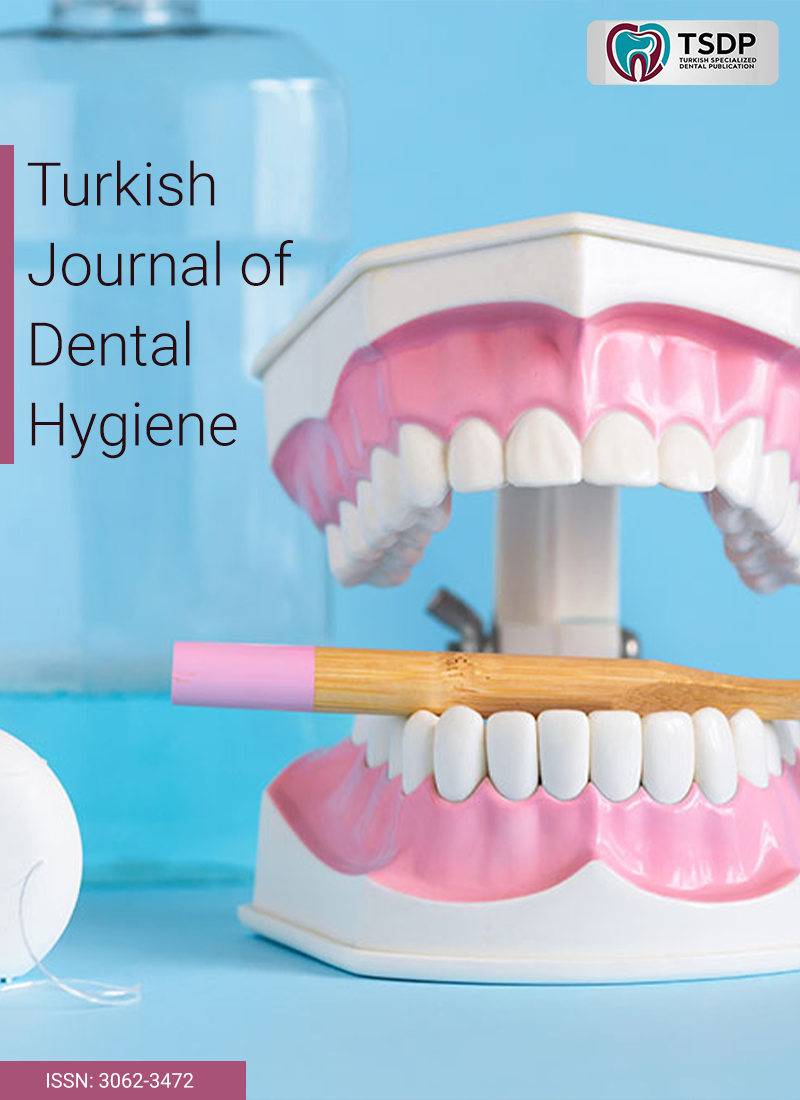
Oral health plays an indispensable role in speech and facial beauty and is one of the most important factors affecting the social, physical, and psychological activities of individuals. This research was conducted to determine the relationship between dental caries index and quality of life related to oral health. This descriptive-analytical research was done on 61 patients. The DMFT index of the subjects was calculated including missing teeth, decay, and filling. Quality of life was measured using the Dental Impact on Daily Living (DIDL) questionnaire in five areas including feeling comfortable in the mouth, appearance and beauty of teeth, eating restrictions, overall oral and dental function, and tooth and jaw joint pain. The scores obtained were divided into three categories: satisfied (more than 7), relatively satisfied (zero to 7), and dissatisfied (below zero). The mean score of quality of life-related to oral health indicated the level of relative satisfaction with quality of life. Pearson correlation coefficient was calculated between DMFT and oral health-related quality of life, which showed that there was a significant inverse relationship between quality of life and DMFT (level of individual satisfaction) (P<0.05). The findings of this research showed an inverse effect of the index of dental caries on patients' quality of life. Oral health-related quality of life as a multifaceted construct affects oral comfort, various aspects of appearance and beauty, and eating restrictions as very important components in life satisfaction and quality of life.